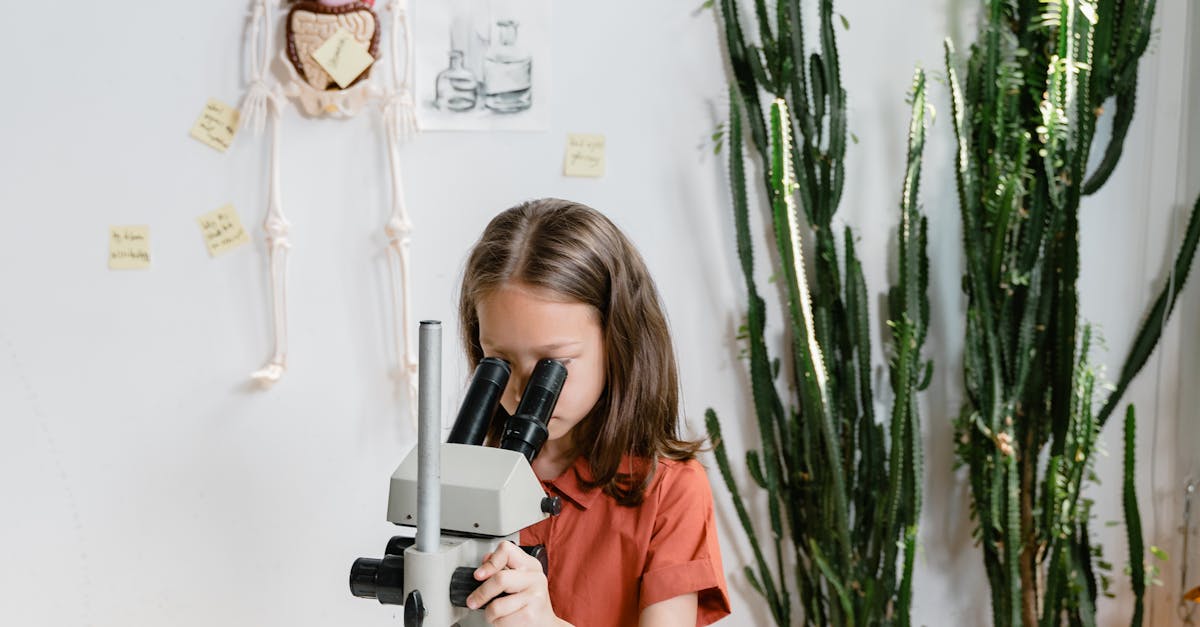Curiosity is often seen as a driving force behind learning and exploration. It is the desire to know or learn something that we do not yet understand. This innate human trait has led to numerous discoveries and advancements throughout history, from the invention of the wheel to the discovery of electricity. In today’s fast-paced world, self-learning has become increasingly important for personal and professional growth. It allows individuals to expand their knowledge and skills without the constraints of traditional education systems. In this article, we will explore the role of curiosity in self-learning and how it can enhance our learning experiences.
Definition of Curiosity
Curiosity can be defined as an innate desire to learn, explore, and discover new things. It is a natural urge that drives us to seek out information, ask questions, and try new experiences. According to psychologist Todd Kashdan, “curiosity is the engine that drives intellectual and emotional growth.” It is what motivates us to push beyond our comfort zones and strive for new knowledge and experiences.
There are two types of curiosity – intrinsic and extrinsic. Intrinsic curiosity comes from within, driven by our personal interests and desires. It is the type of curiosity that fuels self-learning, as we are motivated by our own desire to learn. On the other hand, extrinsic curiosity is influenced by external factors, such as rewards or punishments. This type of curiosity may lead to short-term learning but is less likely to result in long-term retention and deep understanding.
Importance of Self-Learning
Self-learning is the process of acquiring knowledge and skills outside of traditional formal education settings. It allows individuals to take control of their own learning journey, choosing what, when, and how they learn. In today’s fast-evolving world, where new technologies and industries emerge constantly, self-learning has become crucial for personal and professional development.
One of the key benefits of self-learning is the flexibility it offers. Traditional education systems have a set curriculum and timeline, leaving little room for personal interests or learning styles. Self-learning, on the other hand, allows individuals to tailor their learning experience to their own needs and preferences. This can result in a more enjoyable and effective learning process.
Self-learning also promotes lifelong learning. In today’s constantly changing job market, it is essential to continuously upskill and learn new things to stay relevant and competitive. With self-learning, individuals can continue their learning journey even after they finish formal education, leading to personal and professional growth throughout their lives.
Ways Curiosity Enhances Self-Learning
Curiosity plays a vital role in self-learning, as it provides the motivation and drive to seek out new knowledge and skills. Here are some ways curiosity enhances the self-learning process:
Stimulates Interest
When we are curious about something, we are naturally more engaged and motivated to learn about it. This interest helps us to focus and retain information better, leading to a more effective learning process.
Encourages Exploration
Curiosity prompts us to explore and discover new things. Through self-learning, we can explore various topics and subjects that pique our interest without the limitations of a traditional education system. This exploration can lead to new insights and perspectives, enhancing our understanding and knowledge.
Sparks Creativity
Curiosity often leads to asking questions and seeking answers. This process of inquiry encourages critical thinking and problem-solving skills, which are essential for creativity. By continually questioning and seeking answers, we can come up with innovative ideas and solutions.
Fosters Self-Directed Learning
Self-learning requires a certain level of independence and self-discipline. Curiosity, being an internal motivation, can help individuals take charge of their learning journey and become self-directed learners. They are more likely to seek out resources, challenge themselves, and persist in their learning.
Enhances Memory
Curiosity has been linked to better memory retention. When we are curious about something, we are more likely to remember it as our brains are actively engaged in the learning process. This can help individuals retain information for a longer time, leading to a deeper understanding and mastery of the subject.
Case Studies/Examples

There have been numerous studies and examples showcasing the role of curiosity in self-learning. Here are a few notable ones:
The Curiosity-Driven Approach at Google
Google is known for its innovative and forward-thinking culture, and curiosity plays a significant role in this. The company encourages its employees to explore and experiment with new ideas, even if they do not directly relate to their job responsibilities. This approach has led to some of Google’s most successful products, such as Gmail and Google Maps.
The company also offers an “80/20” policy, where employees can spend 20% of their work time on personal projects or areas of interest. This not only allows employees to pursue their curiosities but also leads to new ideas and solutions that benefit the company.
The Role of Curiosity in Children’s Learning
Children are naturally curious beings, and nurturing this trait can lead to more effective learning. A study conducted by the University of Michigan found that children who were more curious were better able to grasp new concepts and had higher academic achievement.
Another study published in the Journal of Experimental Child Psychology showed that encouraging children to ask questions while learning new material led to better understanding and retention of the material. This highlights the importance of curiosity in children’s learning and how it can enhance their educational experience.
Practical Tips for Incorporating Curiosity in Self-Learning
Now that we understand the role of curiosity in self-learning let’s look at some practical tips for incorporating curiosity in our learning journey:
Follow Your Interests
One of the best ways to incorporate curiosity in self-learning is to follow your interests. Identify topics or subjects that pique your curiosity and focus on learning more about them. This could be anything from a new hobby to a professional skill you want to develop.
Ask Questions
Curiosity is all about asking questions and seeking answers. When learning something new, don’t be afraid to ask questions and dig deeper. This will help you gain a better understanding of the subject and spark new ideas and insights.
Experiment and Explore
Don’t be afraid to experiment and explore different learning methods and resources. With self-learning, you have the freedom to try out various approaches and see what works best for you. This can also lead to discovering new interests and expanding your knowledge.
Take Breaks and Reflect
Taking breaks and reflecting on your learning journey can help you stay curious and motivated. Use this time to think about what you have learned so far and how you can apply it in real-life situations. This will not only enhance your understanding but also encourage you to continue learning.
Conclusion

In conclusion, curiosity plays a significant role in self-learning. It provides the drive and motivation to seek out new knowledge and skills, making the learning experience more enjoyable and effective. By following our interests, asking questions, and exploring new ideas, we can incorporate curiosity into our self-learning journey and reap the numerous benefits it offers. So, embrace your curiosity and let it guide you on your quest for knowledge and growth.
